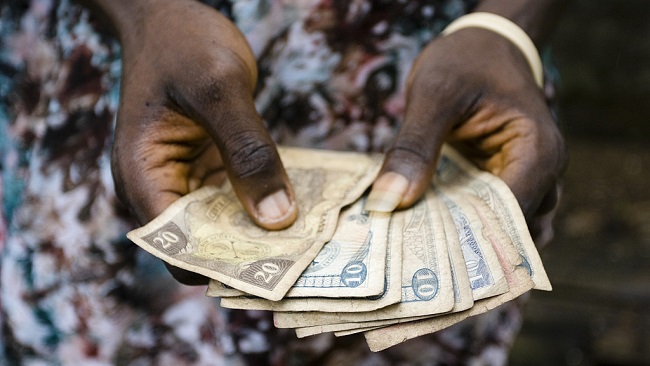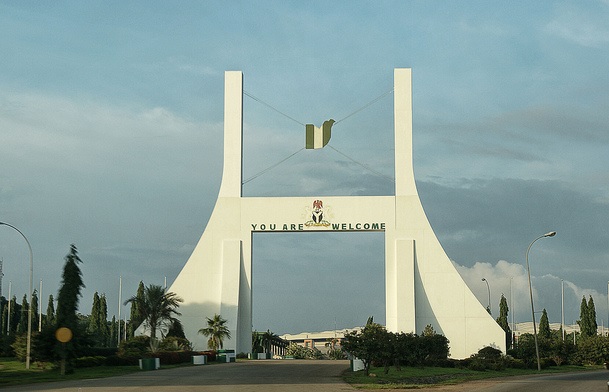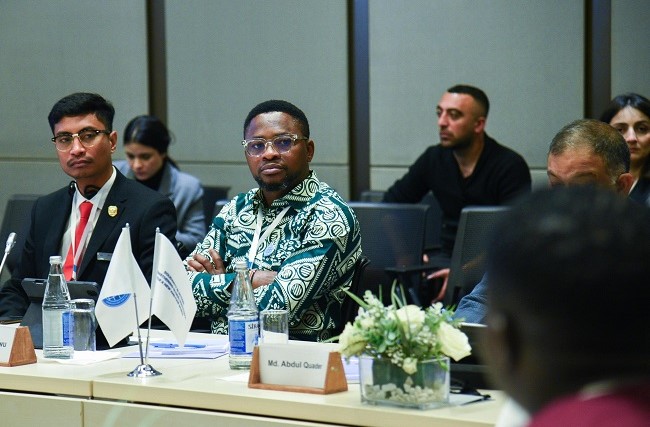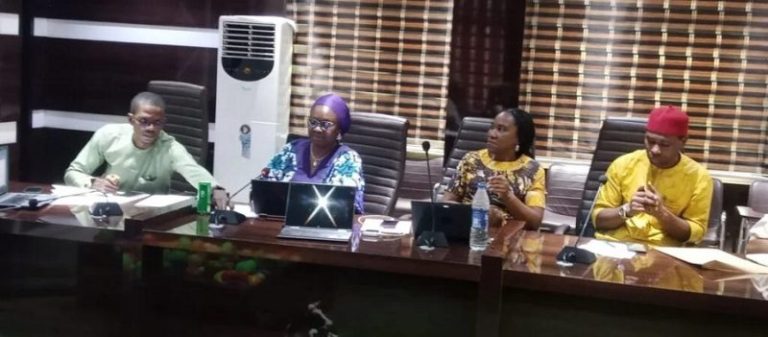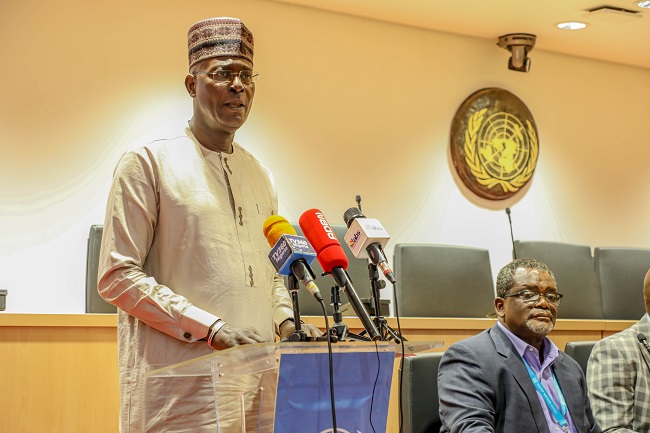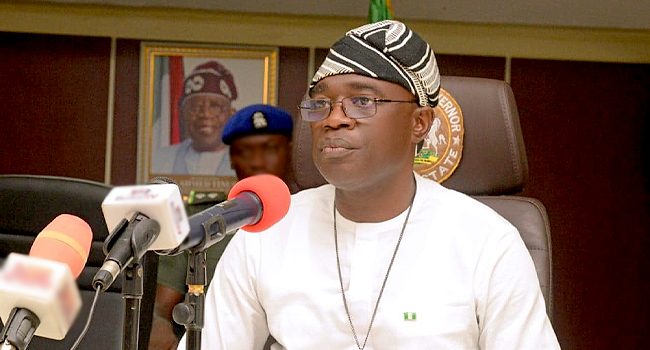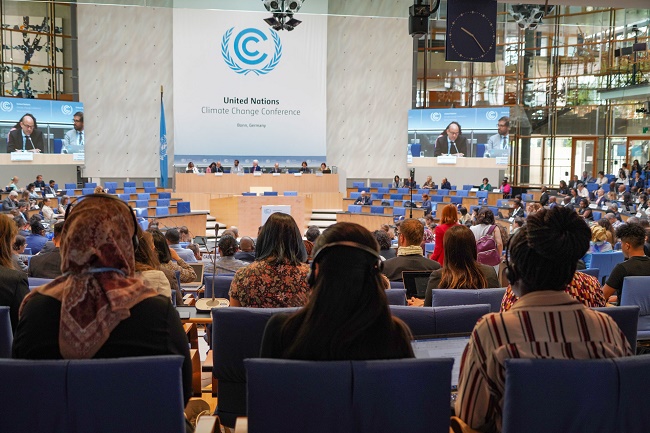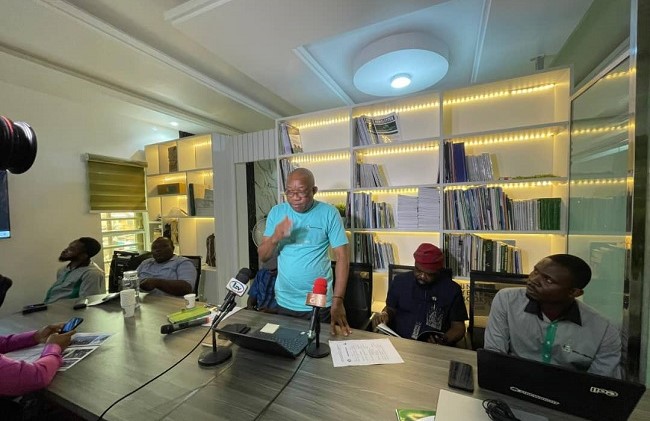Dangote Petroleum Refinery announced the commencement of a significant national initiative designed to transform Nigeria’s fuel distribution landscape.
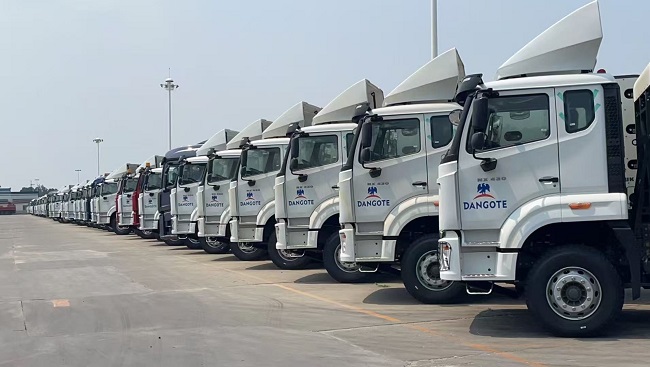
Effective August 15, 2025, the refinery will begin the distribution of Premium Motor Spirit (PMS) and diesel to marketers, petrol dealers, manufacturers, telecoms firms, aviation, and other large users across the country, with free logistics to boost distribution network.
To ensure smooth take-off of the scheme, Dangote Refinery has invested in the procurement of 4,000 brand-new Compressed Natural Gas (CNG)-powered tankers. This phase of the programme will continue over an extended timeframe.
The refinery is also investing in Compressed Natural Gas (CNG) stations, commonly referred to as daughter booster stations, supported by a fleet of over 100 CNG tankers across the country to ensure seamless product distribution.
This strategic programme is said to be a part of the organisation’s broader commitment to eliminating logistics costs, enhancing energy efficiency, promoting sustainability, and supporting Nigeria’s economic development.
“It affirms our dedication to improving the availability and affordability of fuel, in support of broader efforts to strengthen the economy and improve the well-being of all Nigerians,” disclosed the company in a statement.
Under this initiative, all petrol stations purchasing PMS and diesel from the Dangote Petroleum Refinery will benefit from this enhanced logistics support, according to Dangote Refenery, adding that key sectors such as manufacturing, telecommunications, and others will also gain from the initiative, “as reduced fuel costs will contribute to lower production costs, reduced inflation, and foster economic growth. Players in these key sectors and others can purchase directly from the Dangote Petroleum Refinery”.
In addition, the refinery will offer a credit facility to those purchasing a minimum of 500,000 litres – allowing them to obtain an additional 500,000 litres on credit for two weeks, under bank guarantee.
“This pioneering effort marks a major milestone in our vision to revolutionise Nigeria’s energy sector. Dangote Refinery is dedicated to ensuring that no place is left behind. Our goal is to provide equitable access to affordable fuel for all Nigerians, regardless of location, making energy more accessible and sustainable for everyone, wherever they may be.
“It is expected to revitalise previously inactive petrol stations, thereby driving job creation, stimulating small and medium-sized enterprises (SMEs), increasing government revenue, improving fuel access in rural and underserved communities, and strengthening investor confidence in Nigeria’s downstream petroleum sector.
“This initiative is in line with the Renewed Hope Agenda of President Bola Ahmed Tinubu, reflecting our shared commitment to economic progress, stability, and inclusive development. We sincerely thank the Federal Government for its continued support, especially through the Naira-for-Crude scheme, which has helped stabilise fuel supply amid global price volatility. It marks a major revolution in the midstream and downstream sectors and stands as a key example of President Bola Tinubu’s bold and reformative economic policies.”
The company invites marketers, petrol dealers, manufacturers, telecom companies, and all key stakeholders to embrace the initiative. The registration process, including Know Your Customer (KYC) verification, will take place from June 16 to August 15, 2025, spanning a total of 60 days.

